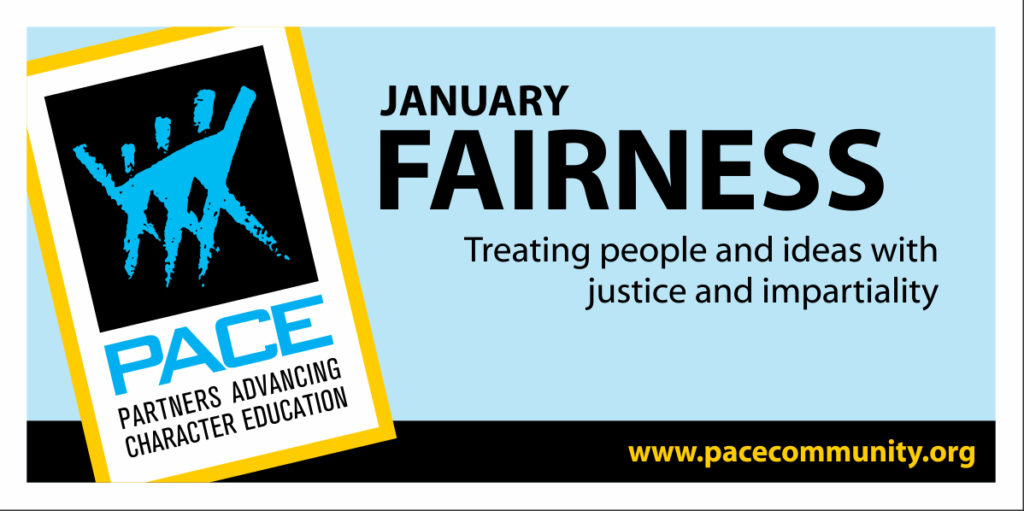
Steven Danielson, WVHS
Fairness is an abstract quality that requires you to have an amalgamation of many other character traits, including taking responsibility for your own actions, being honest and sincere, portraying trustworthiness between you and your peers, and many more. To simplify this rather abstract concept, most people believe that fairness has to do with being equal with those around you. Children learn it by sharing crayons and taking turns playing with their toys, and younger teens show it by pushing their parents for more freedom from their “unfair” household governance. To me, fairness always meant treating people equally, no matter their background. While this can be true in most cases, there is more to the word “fairness;” A deeper meaning that I never really understood until I joined my high school’s National Honor Society (NHS).
NHS is an organization where the best leaders and academically skilled students participate in community service activities, and members elect officers that supervise and coordinate those activities. Throughout the time I have been in this organization, I have learned a variety of skills that have influenced my character today.
Teddy Roosevelt once said, “We must treat each man on his worth and merits as a man.
We must see that each is given a square deal, because he is entitled to no more and should receive no less.” In other words, we should handle people based on their impacts on society rather than their backgrounds in order to ensure equality between people. Have you ever been a victim of an injustice and asked yourself, “how is that fair?” Nobody wants to be in an environment where they face constant inequity, and one of the most prevalent examples of fairness that NHS exhibits is the respect between teacher and student. All students in NHS are treated the same by the teachers. There’s no picking favorites, no discrimination, no prejudice.
We all have the same opportunities and face the same consequences, which strengthens the bond between us members.
No matter who you are or what your background is, there will always be a sense of inclusion in NHS. They base your involvement on your achievements and not your popularity, which sets an equal chance of participation for all students. If more people showed fairness within their schools and workplaces, imagine how much closer we could get as a community!
As you grow up, you begin to notice how unfair things can be in life and wondering why things turn out the way they do. In the end, we have to deal with what comes our way in order to shape our futures. Expressing fairness in our everyday lives can have long lasting effects, and when we live in a society that treats everybody with respect and kindness, it can unite us by providing an incentive to work harder, help others, and become more involved in our community. So, how can you show fairness? In the workplace, you can show it by recognizing everybody as an equal. Even the slightest gesture such as saying hi to your new coworker, or congratulating your colleague for getting that raise can be a good start. If you treat your peers with equity, you’ll be sure to have a more positive working environment. So go out there and demonstrate fairness to others. Make a change and inspire people, because we could always use more fairness in the world!
Steven Danielson is a junior at West Valley High School, and appreciates the PACE mission to enhancing students’ characters. He is a member of the National Honor Society, has been on the WVHS robotics team for almost three years, and volunteers at his local church. Steven’s goal is to attend the University of Washington for mechanical engineering.

